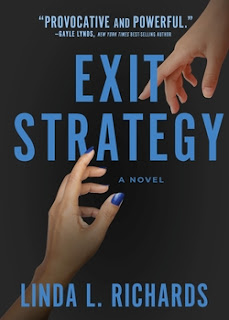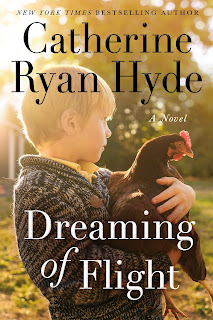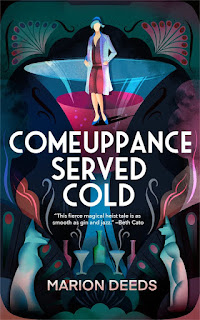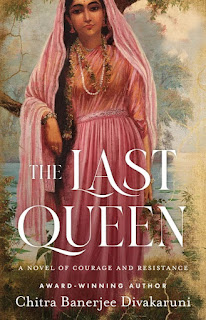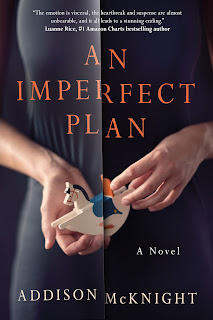 Her first suspense novel, Murder on the Spanish Seas, is set on a luxury cruise in the Iberian peninsula, and introduces amateur sleuth Jesse O’Hara, whose adventures are partly informed by Wendy’s expertise and international travels.
Her first suspense novel, Murder on the Spanish Seas, is set on a luxury cruise in the Iberian peninsula, and introduces amateur sleuth Jesse O’Hara, whose adventures are partly informed by Wendy’s expertise and international travels.
Church applied the Page 69 Test to Murder on the Spanish Seas and reported the following:
On page 69 of Murder on the Spanish Seas the main protagonist, Jesse O’Hara, and her best friend, Sam, have disembarked from their cruise ship and are leaving the terminal for a day drip into Seville. The page shares some of their driver Tano’s history of the region, and readers experience some of Jesse’s internal dialogue, which includes references to Bugs Bunny. There is also mention of a dangerous physical interaction that Jesse has recently had with a Russian, Boris, as well as a group of protestors blocking the driveway out of the terminal.Visit Wendy Church's website.
Browsers opening to this page would get a pretty good idea of the book, as it includes many of the elements that make up the essence of the novel: travel, danger, and the snarky running internal dialogue of the introverted, profane and often inebriated Jesse O’Hara.
The scientist in me wanted to know how other pages would fare with this test. I found that of the pages ending in “9”, most of them worked well. For example, page 19 describes a slapping incident between two Russians in a bar; page 29 finds Jesse O’Hara surprised by enjoying her time with Ander, causing her to think, “I wasn’t used to smiling this much, and my face felt funny. It reminded me of various professional conferences I’d gone to over the years, where the muscles in my face responsible for ‘smiling’, and ‘pretending to care’, became fatigued from overuse.” On page 129 the mysterious and potentially dangerous backpack makes an appearance, alongside the ineptitude of the ship’s security officer, who inspires Jesse to recount all of the Yiddish words for loser, and how strange it is that so many of them begin with the “schm” sound – schmendrick, schlemiel, schmuck, schmo.
--Marshal Zeringue
